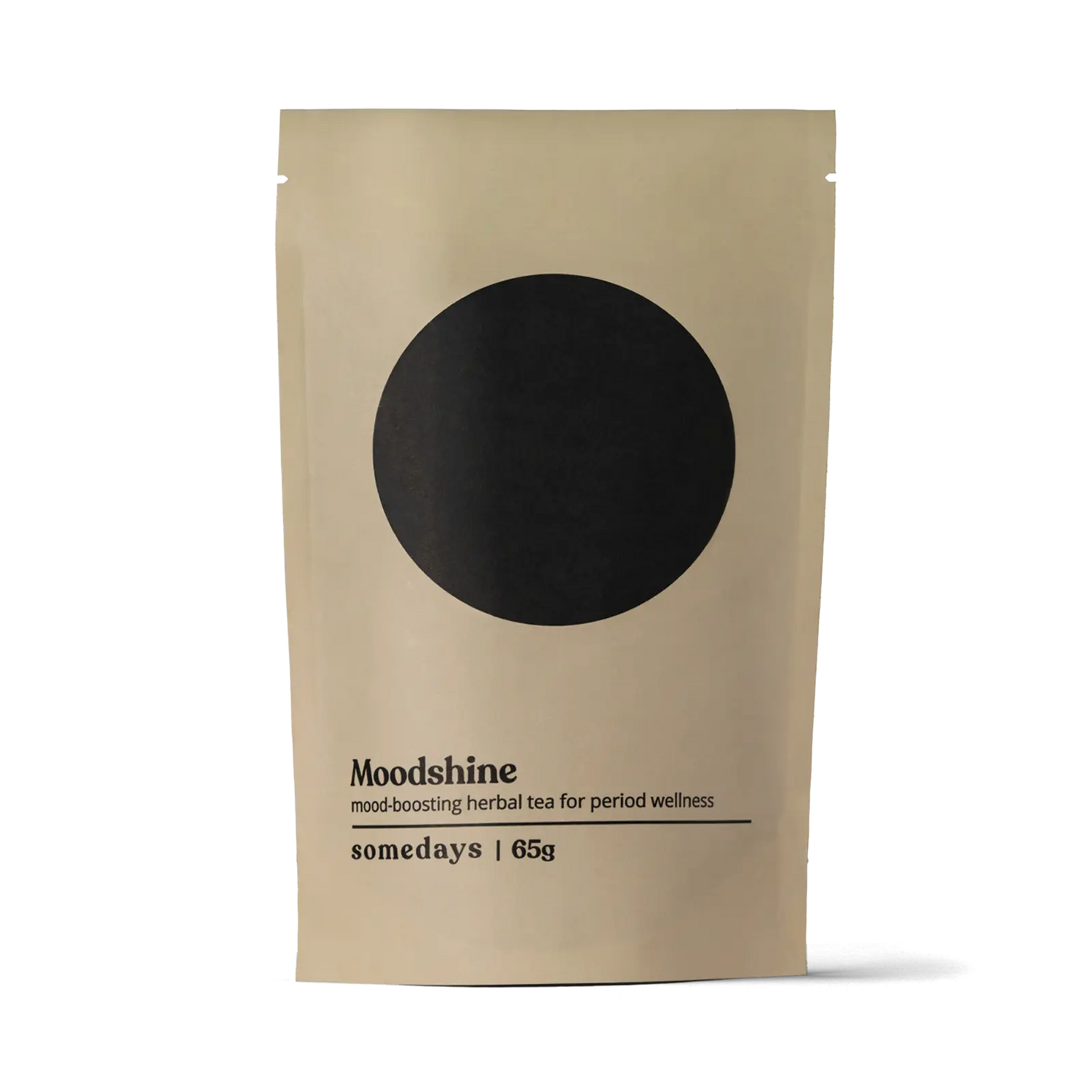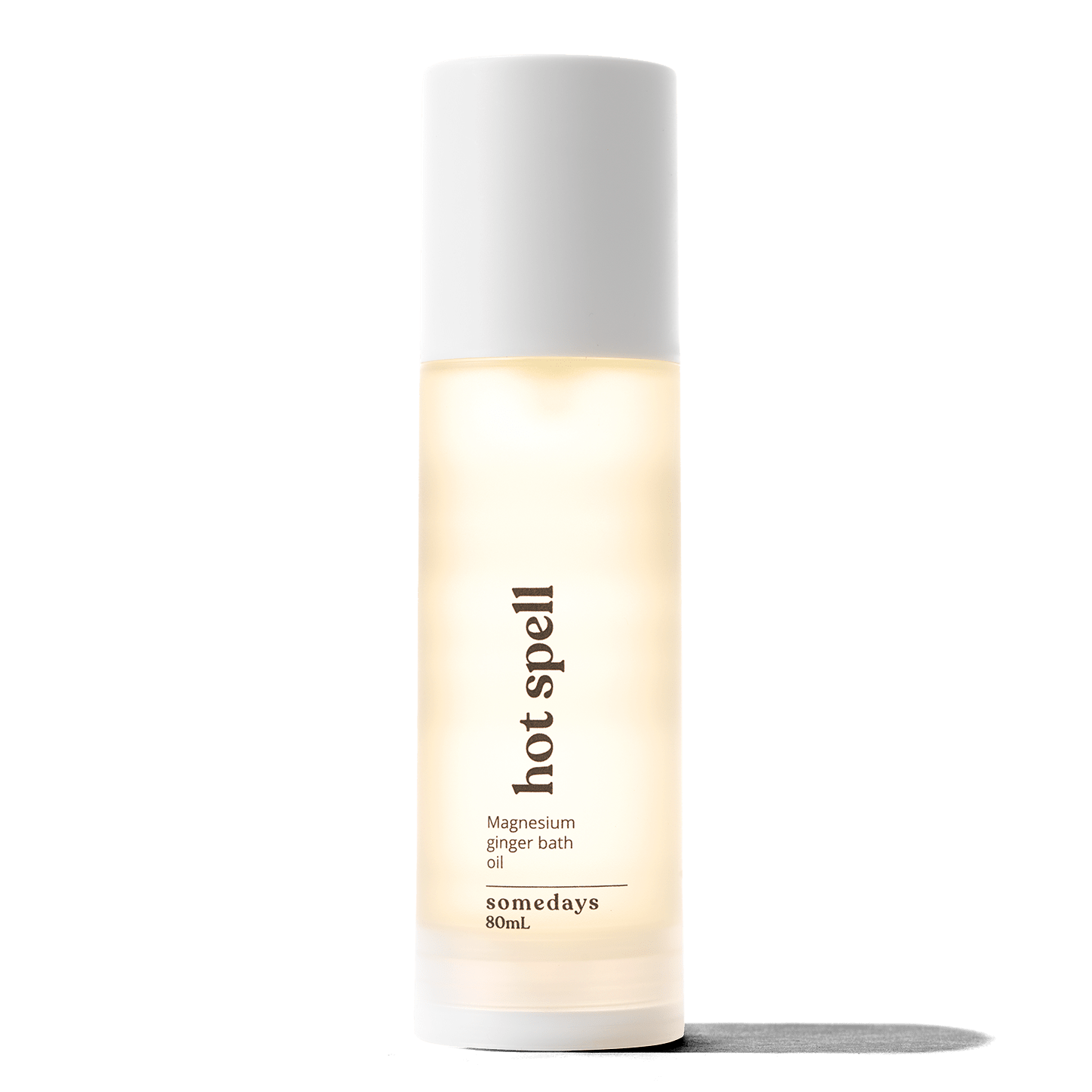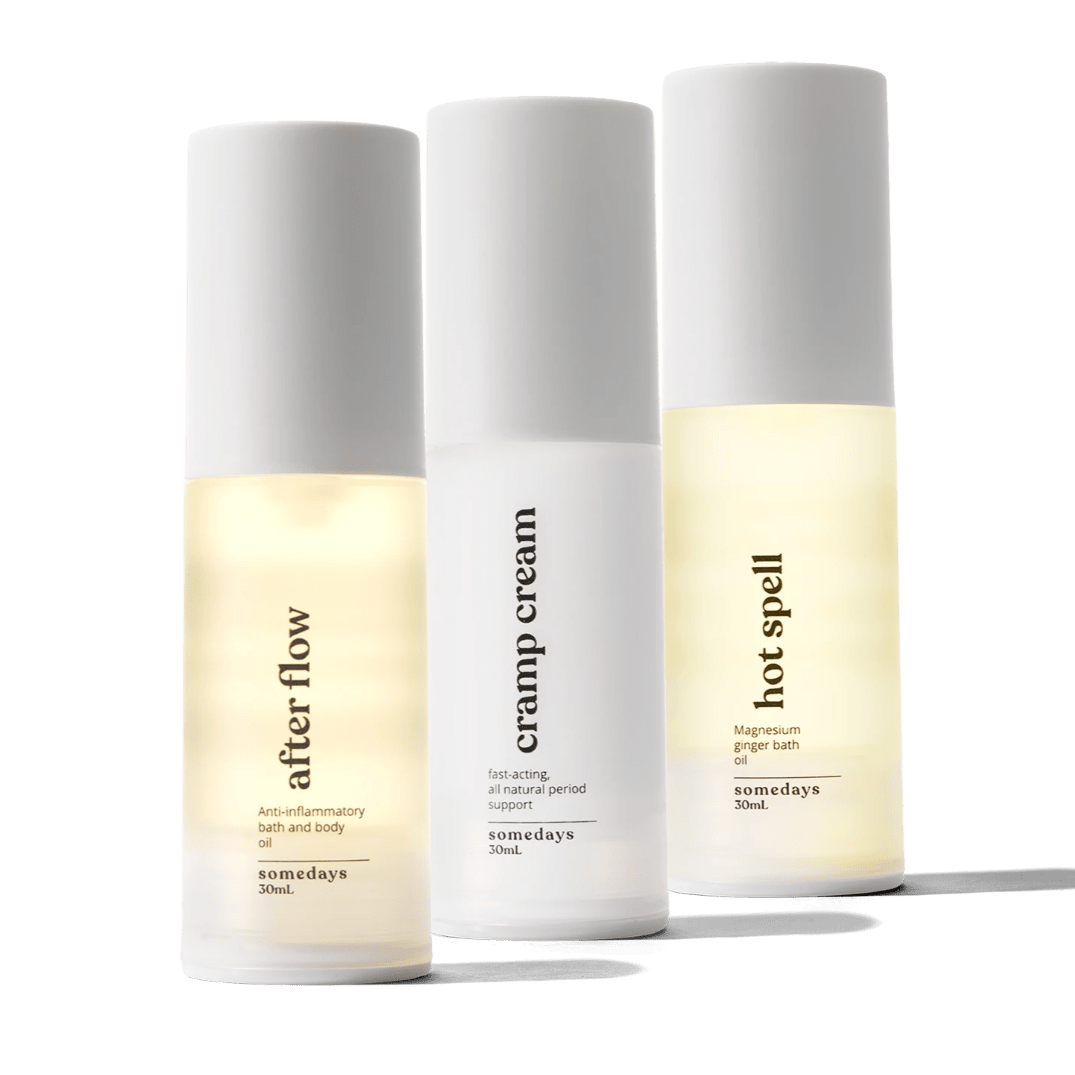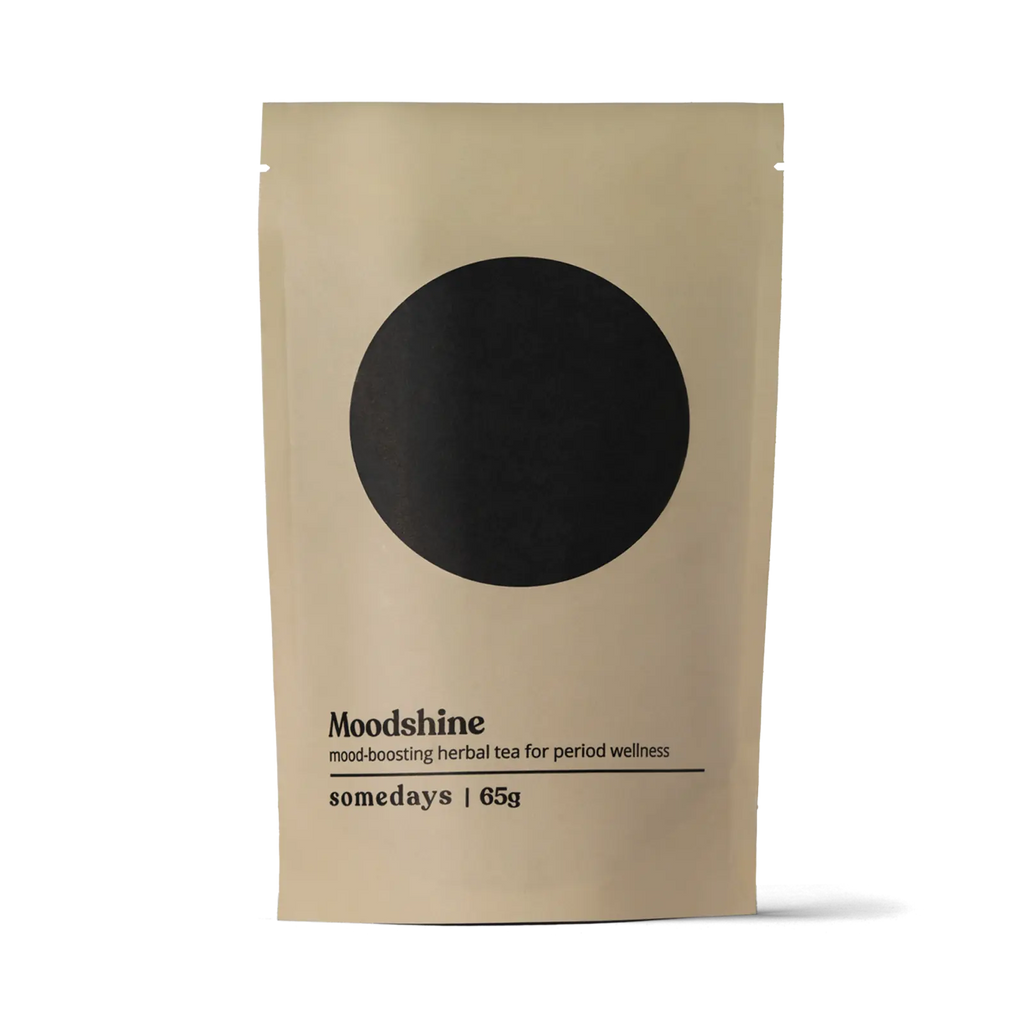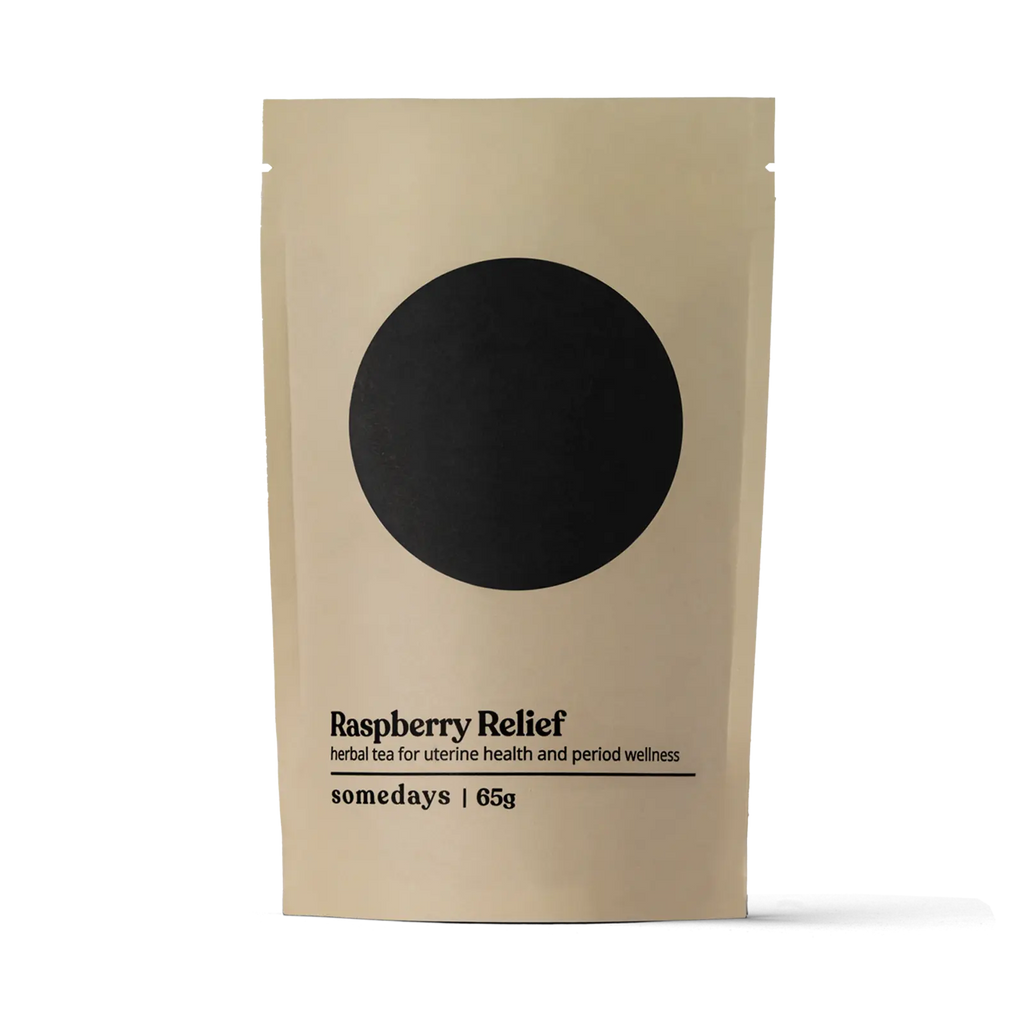Herbal Tea for Period Relief: A Brief History and How-To
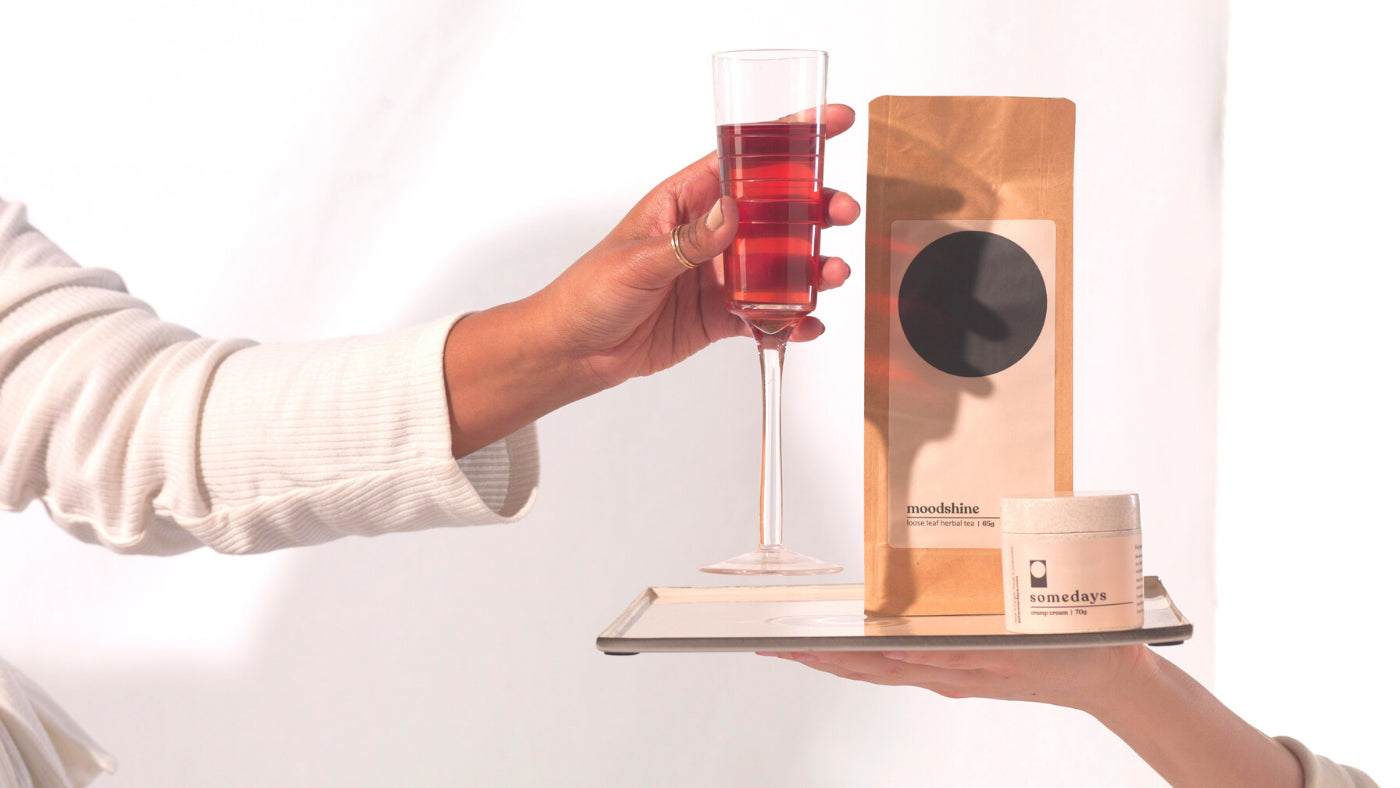
Herbal tea has been used for centuries to help with all sorts of health concerns. For many people, herbal tea can be a powerful ally for period relief. This blog post will explore the history of herbal tea as a medicinal remedy and how to use it today. We'll look at how colonialism has changed herbal medicine and led to the loss of traditional plant knowledge. We'll also provide tips on how you can incorporate herbal tea into your own period wellness practice.
An Ancient Tradition
Many (arguably most) cultures around the world have used herbal teas as a form of medicine for thousands of years. The practice of herbalism is thought to date back over 60,000 years ago to the Neanderthals. Herbal tea has been used to support uterine health, women's health and reproductive health for centuries. In fact, herbal teas were a staple of midwifery and women's health care before modern medicine was even a thing.
So what happened? Why have we forgotten about herbal tea as a medicinal remedy?
Colonialism and Herbal Medicine
The answer, in part, lies in colonialism. When Europeans began colonizing Turtle Island now known as "North America" they brought with them their own herbal traditions as well as Christianity. Christianity demonized herbalism and associated it with paganism and witchcraft. Witches and herbalists were persecuted, often brutally. This practice continued for centuries as colonizers began forcibly converting indigenous people to christianity and outlawing traditional herbal practices. These horrific tragedies led to an incredible loss of centuries of herbal knowledge and subsequently the overall devaluation of herbal medicine.
At the same time, herbal tea was being demonized, Western medicine was on the rise. Modern medicine has largely ignored herbalism, dismissing it as quackery. This is starting to change as we begin to understand the science behind herbalism and the active compounds in plants. We're also beginning to see the limitations of Western medicine, which often relies heavily on drugs with serious side effects.
But herbal tea is making a comeback! In recent years, there's been a resurgence of interest in herbal teas as a form of natural medicine. This is especially true for period relief. Herbal teas can be helpful for pain and inflammation due to their high levels of antioxidants. They can also help to regulate hormone levels and ease cramps.
If you're interested in trying herbal tea for period relief, there are a few things you should keep in mind. First, it's important to consult with a qualified herbalist or health care provider before starting any new herbal regimen. This is especially important if you're pregnant or breastfeeding. Second, be sure to use high-quality, organic herbs. And finally, listen to your body! Some herbal teas may not agree with you. If that's the case, try a different herbal tea or blend until you find one that works for you.
Some common herbs for menstrual relief are (studies linked):
- Chamomile: known for its ability to reduce inflammation and cramping
- Ginger: helps to relieve nausea and vomiting
- Lemon balm: known for its calming effects
- Red raspberry leaf: helps to tone the uterine muscles
- Rosemary: known for its ability to improve circulation
- St. John's wort: helps to ease symptoms of anxiety and PMS
- Cramp bark: helps to relieve cramping
- Dandelion leaf: a diuretic that can help reduce bloating
- Vitex : helps to regulate hormone levels
- Skullcap: helps to ease anxiety and tension headaches
- Nettles: a nutrient-rich herb that helps to ease cramping
- Tulsi: an adaptogenic herb that helps the body to cope with stress
Brewing herbal tea is easy! Simply add one teaspoon of dried herbs per cup of boiling water. Steep for five minutes, then strain and enjoy. You can drink herbal tea hot or cold, depending on your preference. You can also add a bit of honey or lemon for some added sweetness although many herbs have a delightful natural flavour.
Ready to give herbal tea a try? Here are a few of our favourite herbal teas for period relief:
Moodshine by somedays contains: Strawberry Leaf, Rosehips, Hibiscus, Nettles, Chamomile, Crampbark, Ginger, Marshmallow, Rose, Lemon balm, Vitex, Dandelion leaf, Tulsi, Strawberry pieces dried, Beet root
Raspberry Relief by somedays contains: Raspberry leaf, Nettles, Ginger, Cacao, Crampbark, Skullcap
Sources:
|
AMA |
Srivastava JK, Shankar E, Gupta S. Chamomile: A herbal medicine of the past with bright future. Mol Med Rep. 2010;3(6):895-901. doi:10.3892/mmr.2010.377 |
|
MLA |
Srivastava, Janmejai K et al. “Chamomile: A herbal medicine of the past with bright future.” Molecular medicine reports vol. 3,6 (2010): 895-901. doi:10.3892/mmr.2010.377 |
|
APA |
Srivastava, J. K., Shankar, E., & Gupta, S. (2010). Chamomile: A herbal medicine of the past with bright future. Molecular medicine reports, 3(6), 895–901. https://doi.org/10.3892/mmr.2010.377 |
|
NLM |
Srivastava JK, Shankar E, Gupta S. Chamomile: A herbal medicine of the past with bright future. Mol Med Rep. 2010 Nov 1;3(6):895-901. doi: 10.3892/mmr.2010.377. PMID: 21132119; PMCID: PMC2995283. |
|
AMA |
Scholey A, Gibbs A, Neale C, et al. Anti-stress effects of lemon balm-containing foods. Nutrients. 2014;6(11):4805-4821. Published 2014 Oct 30. doi:10.3390/nu6114805 |
|
MLA |
Scholey, Andrew et al. “Anti-stress effects of lemon balm-containing foods.” Nutrients vol. 6,11 4805-21. 30 Oct. 2014, doi:10.3390/nu6114805 |
|
APA |
Scholey, A., Gibbs, A., Neale, C., Perry, N., Ossoukhova, A., Bilog, V., Kras, M., Scholz, C., Sass, M., & Buchwald-Werner, S. (2014). Anti-stress effects of lemon balm-containing foods. Nutrients, 6(11), 4805–4821. https://doi.org/10.3390/nu6114805 |
|
NLM |
Scholey A, Gibbs A, Neale C, Perry N, Ossoukhova A, Bilog V, Kras M, Scholz C, Sass M, Buchwald-Werner S. Anti-stress effects of lemon balm-containing foods. Nutrients. 2014 Oct 30;6(11):4805-21. doi: 10.3390/nu6114805. PMID: 25360512; PMCID: PMC4245564. |
Previous Article All Articles Next Article
All ArticlesMoodshine
This potent blend of plant-based ingredients is crafted to ease discomfort, stabilize mood fluctuations, and support overall cycle well-being.
$24.00
ADD TO CARTRaspberry Relief
Raspberry Relief is a blend of plant-based ingredients designed to support menstrual comfort and emotional balance.
$24.00
ADD TO CART
